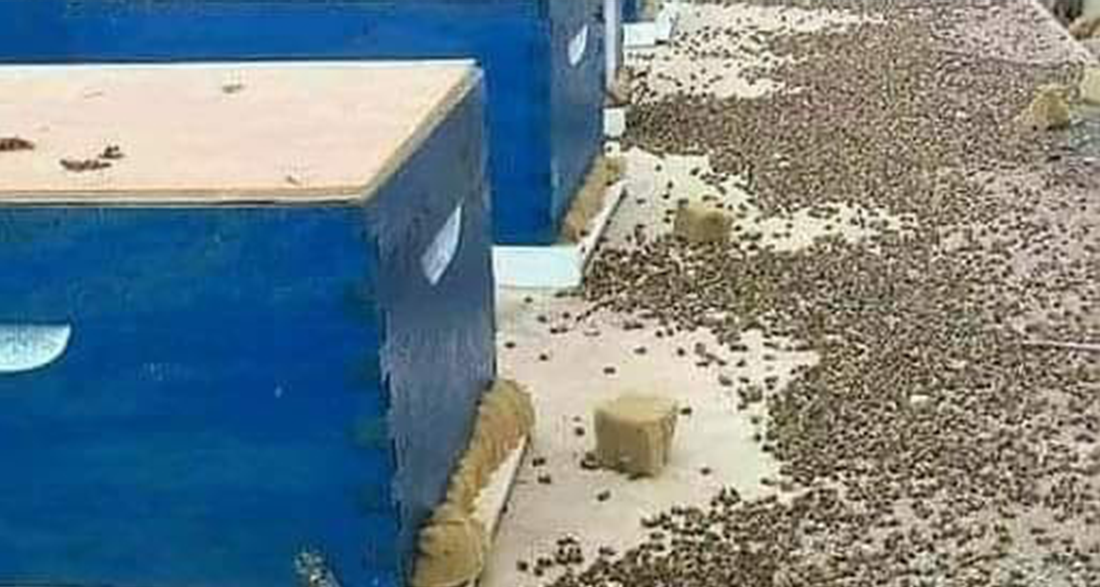Even though I have a slim chance of this post being carefully read or shared, I will publish it anyway.
If this post contained pictures of cute cats or dogs, our gratitude and interest would be overwhelming because most of us love and care for these animals. But this post doesn’t have those pictures.
Instead, it’s about something more serious: the use of pesticides in our country, which has resulted in thousands of dead bees. Sadly, this is where our life cycle ends. If bees were to vanish from the Earth, humans might only have four years left to live.
Why are bees the most important organisms on Earth?
We’ve known about the exceptional qualities of bee products since we were young. Bees play a huge role in our daily lives. Recent research highlights just how crucial they are:
At the most recent Royal Geographic Society discussion in London, the Earthwatch Institute concluded that bees are the most important living things on Earth. But experts also declared that bees are now at high risk of extinction.
“As humans, we would only survive for four years if bees disappeared.”
- Albert Einstein
Recent studies show that bee populations have decreased by up to 90% globally, with regional variations in the causes. Some main factors include massive deforestation, lack of secure nesting locations, a shortage of flowers, careless pesticide usage, altered soil, and a decline in beekeepers.
Bees are essential to almost 70% of global agriculture. In other words, bees are responsible for 70 out of every 100 items that humans eat. Bee pollination is also necessary for plant reproduction, which provides millions of animals with their primary food source. Without it, the fauna would eventually start to disappear.
Are there solutions to this issue?
There are solutions, but they are challenging to apply given the detrimental agricultural and production practices in places like Romania. However, some expert ideas have been proposed with the hope of being implemented quickly:
1. Restricting the use of harmful pesticides: Not just outlawing them, but switching to insecticides that don’t harm pollinators.
2. Encouraging all-natural alternatives for farming.
3. Continuously monitoring bee health, welfare, and conservation.
4. Encouraging initiatives that allow the public to assist beekeepers and contribute to the bee-saving effort: For example, buying organic honey or participating in national initiatives like “Adopt a Hive.” You can take part in this kind of endeavor by joining such initiatives.
By taking these steps, we can help protect bees and, in turn, secure our own future.
Share your thoughts in the comments down below!

